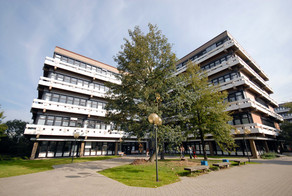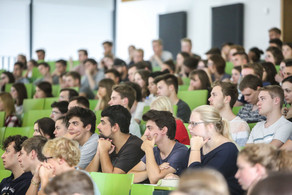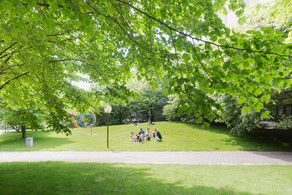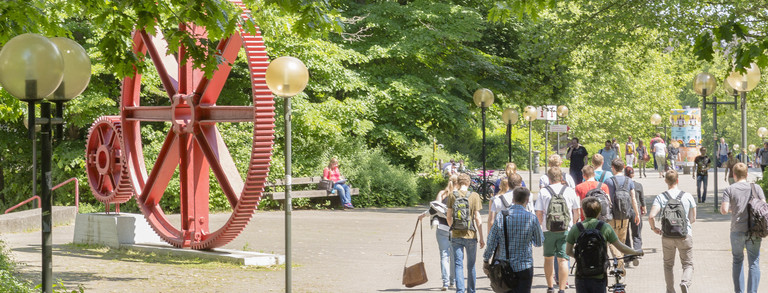Topic: "GLÜCK": Well-being in adolescence
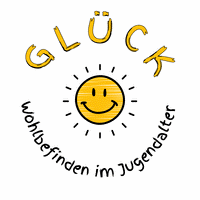
Subjective well-being is related to different indicators of mental and physical health (Jonsson et al., 2017). Even though subjective well-being is relatively stable, there are often changes after drastic life events (Luhmann et al., 2012) but also in certain phases of life (Gerstorf et al., 2008). This includes adolescence.
So far, changes in well-being have mostly been studied cross-sectionally. Longitudinal studies are particularly lacking for middle adolescence. The results of previous studies are very heterogeneous regarding developmental trajectories (Galambos et al., 2020; Luhmann, 2017) and allow only very limited conclusions about developmental trajectories (Galambos et al., 2020). The project aims to close this research gap and, with its results, provide more precise knowledge about risk and protective factors of a positive development of subjective well-being in adolescence. This will enable the development of prevention and intervention programs to promote well-being and mental health in the next step.
For this reason, Prof. Dr. Ricarda Steinmayr, together with Prof. Dr. Marcus Roth from the University of Duisburg-Essen and Prof. Dr. Maike Luhmann from the Ruhr University Bochum, is conducting a one-year longitudinal study with three measurement points. To this end, 1,200 students from 20 schools in the Ruhr region will be surveyed at the middle and end of eighth grade and at the middle of ninth grade using questionnaires on general and area-specific life satisfaction. In addition, other variables are to be recorded which are presumed to be relevant determinants of changes in subjective well-being. In a qualitative preliminary study at the University of Duisburg-Essen, further relevant facets for subjective well-being from the perspective of adolescents will be identified by means of interviews, which will complement the questionnaire.
Contact person (scientific management): Prof. Dr. Ricarda Steinmayr
Contact person (scientific assistance): M.Sc. Miriam Schmitz


